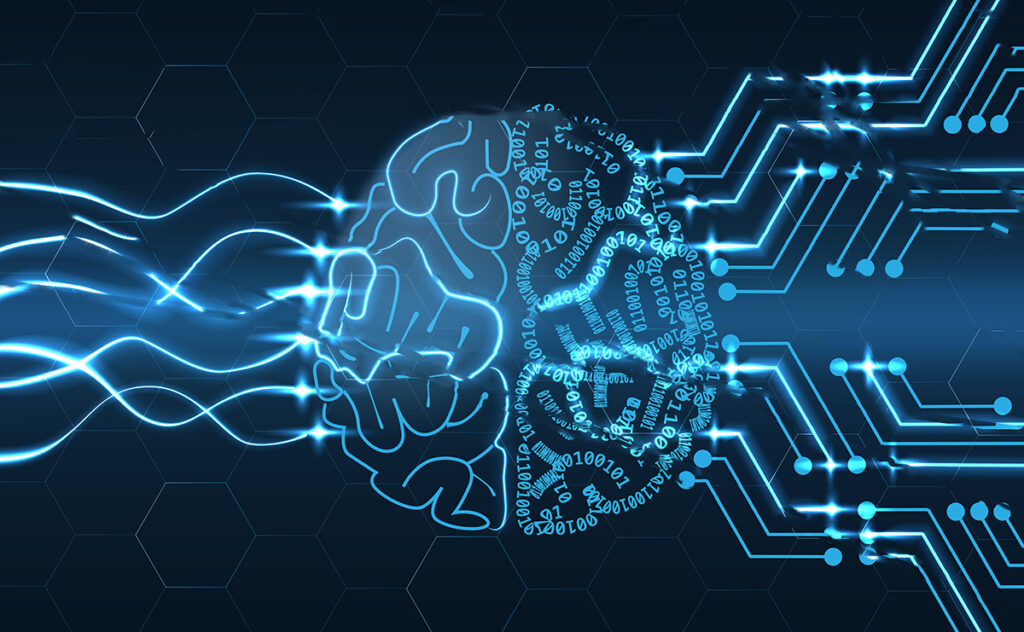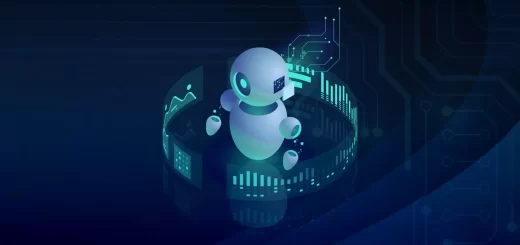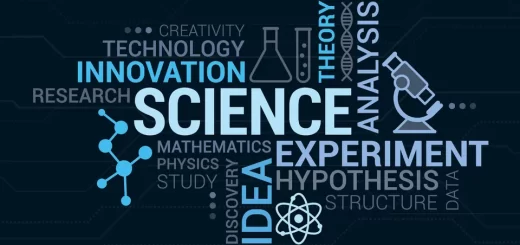The Growing Power of AI: How Machine Learning is Transforming Industries

Artificial Intelligence (AI) is no longer a futuristic concept—it is already reshaping industries, revolutionizing workflows, and transforming the way we interact with technology.
With the rapid advancements in deep learning, natural language processing, and reinforcement learning, AI is evolving at an unprecedented pace. Companies and researchers are pushing the boundaries of what’s possible, creating smarter, more efficient AI systems that are integrating seamlessly into our daily lives.
In this article, we will explore some of the most exciting developments happening right now in AI, how businesses are leveraging these technologies, and what the future may hold.
1. The Breakthroughs in Natural Language Processing
One of the most exciting advancements in AI has been the evolution of natural language processing (NLP). OpenAI’s GPT-2, a deep learning model trained on massive amounts of text data, has demonstrated an impressive ability to generate human-like text. The model’s potential applications range from automated content creation to more sophisticated chatbots and virtual assistants.
However, the release of GPT-2 has sparked discussions about the ethical implications of powerful language models. OpenAI initially withheld the full version of the model due to concerns about misuse, such as the spread of fake news and spam content. This has raised an important question in the AI community: how do we balance innovation with responsible AI deployment?
2. AI in Business: Automation and Decision-Making
Companies are increasingly integrating AI into their operations to enhance efficiency and automate complex decision-making processes. From finance to healthcare, AI-powered solutions are optimizing workflows and reducing human intervention in repetitive tasks.
- Chatbots and Virtual Assistants: Businesses are leveraging AI-driven customer service tools that provide instant responses and personalized interactions, reducing the need for human agents.
- Predictive Analytics: AI is helping companies make data-driven decisions by identifying patterns and predicting market trends with high accuracy.
- AI-Powered Automation: Robotic Process Automation (RPA) combined with AI is streamlining operations in industries like logistics and manufacturing.
These developments signal a shift toward AI-assisted decision-making, where machines play a significant role in business strategy and customer engagement.
3. Reinforcement Learning: From Games to Real-World Applications
Reinforcement learning (RL) has made significant progress, particularly in the gaming industry. DeepMind’s AlphaStar has reached Grandmaster level in StarCraft II, demonstrating AI’s ability to plan, strategize, and adapt in complex, real-time environments.
While AI mastering video games is an exciting achievement, the underlying technology has applications far beyond gaming:
- Robotics: RL is being used to teach robots how to interact with the physical world more efficiently, improving automation in warehouses and factories.
- Healthcare: AI models are learning to optimize treatment plans and assist in medical diagnostics, making healthcare more personalized and effective.
- Autonomous Vehicles: Self-driving cars are using reinforcement learning to navigate real-world environments, improving safety and decision-making on the road.
As RL systems become more sophisticated, we can expect to see more real-world implementations that go beyond simulations and into everyday use cases.
4. Ethical AI and Regulation: The Growing Need for Responsible AI
With AI’s growing influence, concerns over bias, fairness, and transparency are becoming more prominent. There have been instances where AI models have exhibited unintended biases, particularly in areas like hiring algorithms and facial recognition. This has led to calls for increased regulation and better guidelines for AI deployment.
Major tech companies, including Google, Microsoft, and IBM, are working on explainable AI (XAI)—models that provide more transparency into how decisions are made. Meanwhile, governments and organizations are debating AI regulations to ensure that these technologies are used ethically and do not reinforce discrimination or misinformation.
As AI continues to evolve, balancing innovation with ethical responsibility will be one of the most important challenges facing researchers and policymakers.
Final Thoughts: What’s Next for AI?
AI is advancing at an incredible pace, and we are only beginning to see the full extent of its potential. From NLP models like GPT-2 to breakthroughs in reinforcement learning and automation, AI is poised to transform industries and everyday life.
However, as AI becomes more powerful, the discussion around responsible AI development will become even more critical. Striking a balance between innovation and ethical considerations will shape the future of AI and determine how we integrate these technologies into society.
For now, one thing is clear—AI is no longer just a research topic; it is a driving force of technological change, and its impact will only continue to grow.




